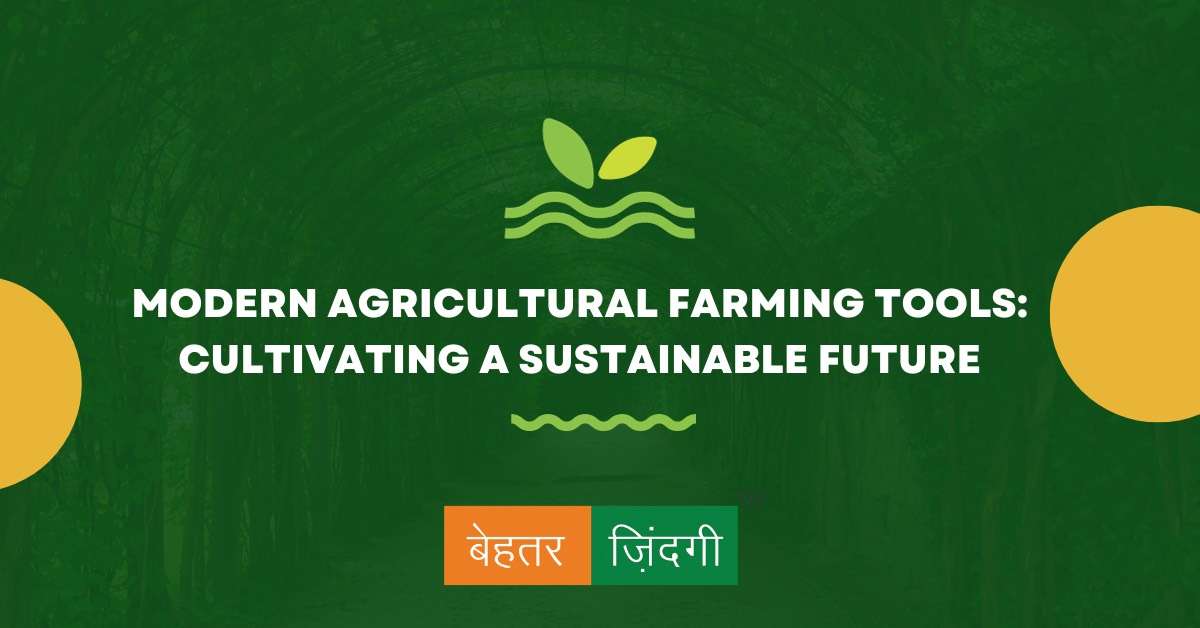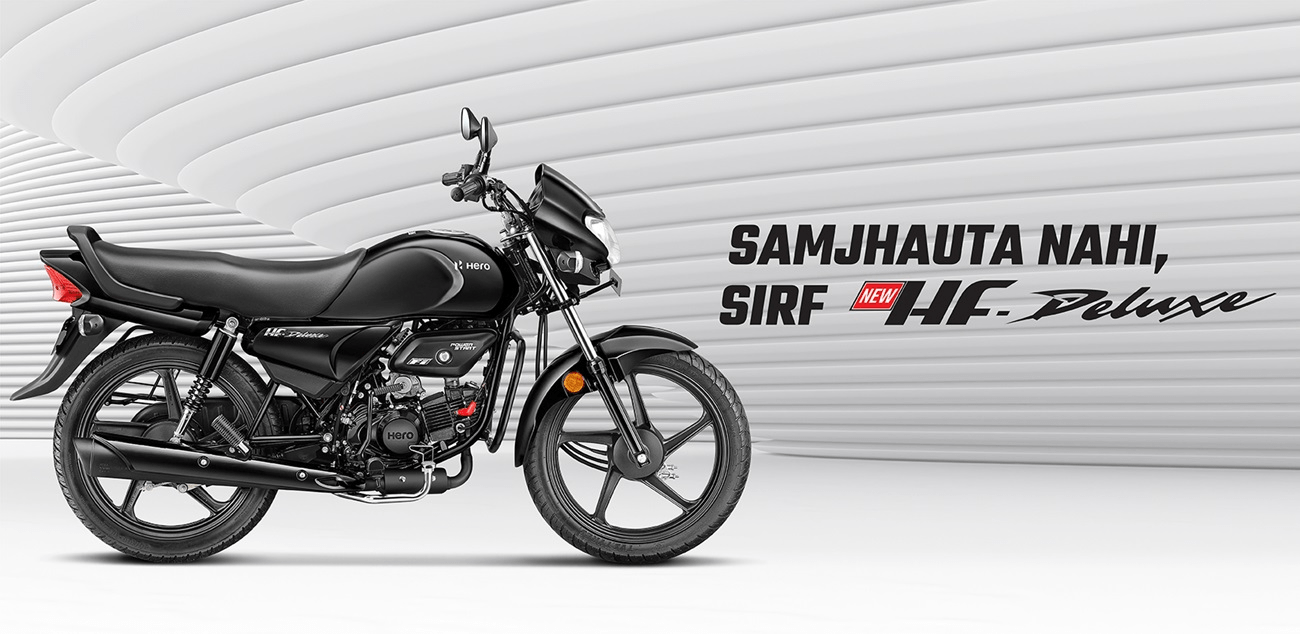Agriculture has been the cornerstone of human civilization for thousands of years, providing food, fiber, and resources essential for our survival. Over time, the industry has evolved dramatically, with technological advancements revolutionizing the way we cultivate crops and raise livestock. In this blog post, we’ll explore the modern agricultural farming tools that have reshaped the farming landscape, enhancing productivity, sustainability, and the overall
well-being of farmers.
Tractors: The Backbone of Farming
Tractors are undoubtedly the workhorses of modern agriculture. These versatile machines come in various sizes and configurations, catering to the diverse needs of farmers. Equipped with powerful engines and advanced features, tractors are used for plowing, tilling, planting, harvesting, and more. Their versatility and efficiency have significantly reduced the labor required for farming operations, making them an indispensable tool on virtually every farm.
Precision Planting Equipment
Precision planting is a game-changer in modern agriculture. Equipment like GPS-guided seeders and planters ensure that seeds are sown at optimal depths and with precise spacing. This level of precision not only maximizes crop yields but also minimizes seed wastage and reduces the need for thinning or replanting.
Combine Harvesters: Streamlining the Harvest
Gone are the days of hand harvesting or using scythes and sickles. Combine harvesters are colossal machines designed to efficiently cut, thresh, and separate grains from their stalks in a single pass. These machines have significantly increased the speed and efficiency of harvesting, enabling farmers to bring in their crops at the peak of their quality.
Irrigation Systems: Efficient Water Management
Access to water is a fundamental requirement for agriculture. Modern irrigation systems, including drip irrigation, sprinklers, and pivot systems, have transformed the way water is delivered to crops. These systems ensure that water is distributed precisely where and when it’s needed, reducing water wastage and promoting sustainable water management practices.
Fertilizer Spreaders: Nourishing Crops
Fertilizer spreaders play a crucial role in maintaining soil fertility and crop health. These tools evenly distribute fertilizers, both organic and synthetic, across fields. Advanced models can adjust application rates based on soil tests and crop requirements, optimizing nutrient utilization and reducing environmental impact.
Crop Monitoring Technology
Modern farming tools also incorporate advanced technology for crop monitoring. Remote sensing, drones, and satellite imagery provide real-time data on crop health, pest infestations, and irrigation needs. This information enables farmers to make informed decisions, apply treatments selectively, and minimize resource usage.
Livestock Management Tools
Agriculture isn’t just about crops; it includes livestock farming as well. Modern farmers use technology-driven tools like automatic feeders, milkers, and climate control systems to improve the health and productivity of their livestock. These tools ensure that animals receive the right nutrition and care, leading to better quality products and reduced environmental impact.
Post-Harvest Equipment
The journey of crops doesn’t end with harvest. Post-harvest equipment such as grain dryers, storage silos, and sorting machines are critical for preserving crop quality and reducing losses due to spoilage or pests. These tools play a vital role in maintaining the value and marketability of agricultural products.
Environmental Sustainability
Modern agricultural farming tools also contribute to environmental sustainability. Practices like no-till farming and precision agriculture minimize soil erosion, reduce the need for chemical inputs, and lower greenhouse gas emissions. These tools help farmers protect the land for future generations while maintaining profitable operations.
Conclusion
Modern agricultural farming tools have not only increased productivity but have also paved the way for more sustainable and environmentally friendly farming practices. These tools enable farmers to meet the growing demands of a global population while conserving natural resources and reducing the ecological footprint of agriculture. As technology continues to advance, we can expect even more innovative farming tools that will further enhance the efficiency and sustainability of agriculture, ensuring a bright and bountiful future for farming.










